Search by alphabetical topics All ABCDEFGHIJKLMNOPQRSTUVWXYZ
-
 Capital Restrictions
Capital RestrictionsPossession of more than £16,000 in capital will prohibit any claim for Housing Benefit by the tenant.
If the tenant or their partner has more than £16,000 in capital they will not be entitled to receive Housing Benefit unless they are in receipt of the Guarantee Credit element of Pension Credit.
-
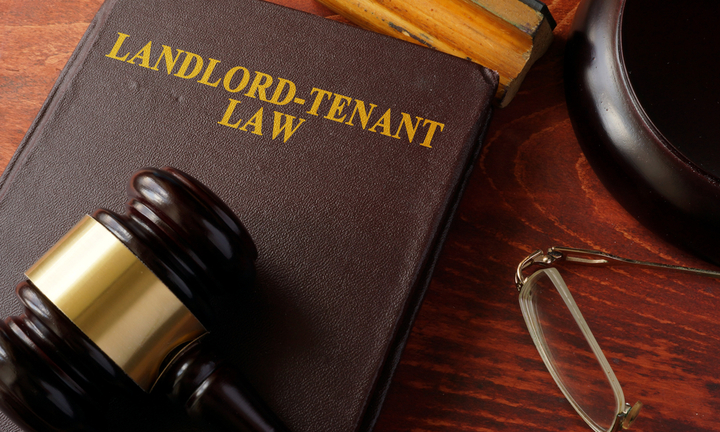 Causes of Action TORT
Causes of Action TORTCauses of action: TORT
- If the actions of another has caused injury or loss to someone then this is a TORT and the individual who has suffered is entitled to claim to put them back to the position, they were in prior to the original action.
-
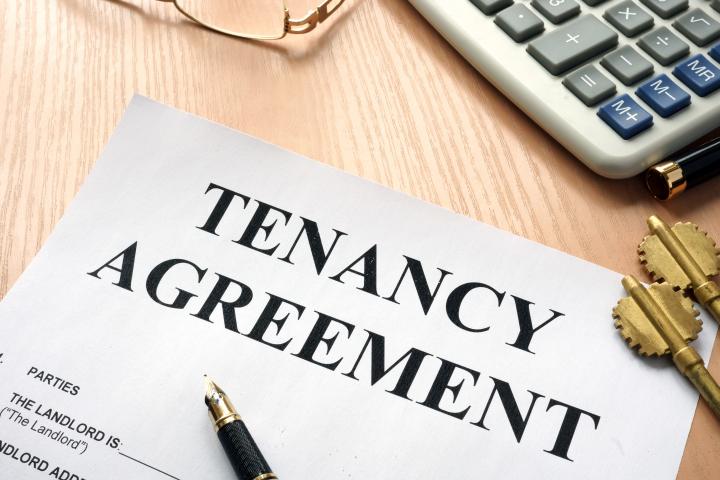 Challenge to a Possession Order.
Challenge to a Possession Order.It is possible for a tenant to apply to set aside or vary the possession order. This is possible in the following circumstances:
The tenant was not notifies of the hearing date
The tenant filed a late response to the Claim
The Court papers were not received by the tenant
The tenant did not attend the hearing due to exceptional circumstances
The application to set aside the Possession Order is made under Part 55.19 Civil Procedure Rules
-
 Challenging a Housing Benefit Decision
Challenging a Housing Benefit DecisionIf a tenant is unhappy with the outcome of a Housing Benefit decision they can request that it is looked at again (classed as a review) or an appeal of the decision can be requested. A request for either must be made within one month of the date of the decision. If the tenant is not happy with the decision of a review then the tenant may be able to appeal against the review decision.
If a review or appeal is successful then the new decision will be changed from the date of the original decision.
An appeal later than one month maybe accepted in special circumstances such as ill-health as long as the circumstances are explained in writing along with the reasons for appeal. The last date for an appeal is 13 months after receipt of the decision letter.
-
 Change of Circumstances
Change of CircumstancesAny changes in a tenant’s circumstances must be reported to the local authority to the local authority as soon as they occur as any change could affect the amount of housing benefit payable. It is important that the tenant gets proof of reporting and it is always preferable to attend in person and get a written receipt for any documents handed in.
If the local authority requests further information the tenant is required to respond with one month unless an extension is agreed between the authority and tenant.
If a change of circumstance is discovered by the authority at a later date then the tenant will be liable to repay any benefit that has been overpaid.
-
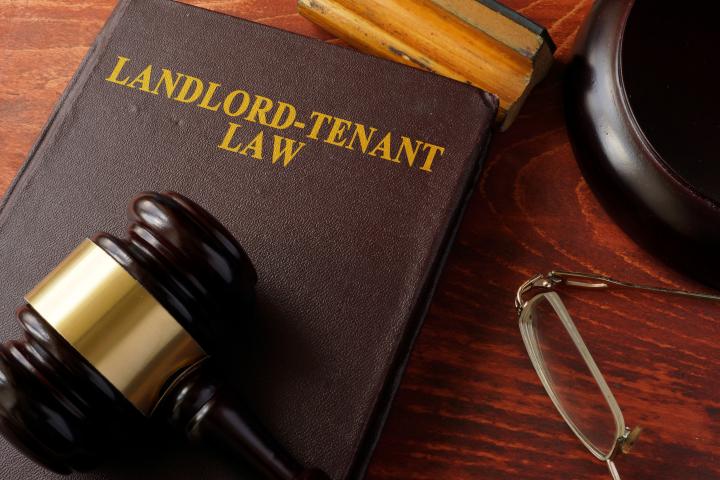 Civil Procedure Rules (CPR)
Civil Procedure Rules (CPR)Civil Proceduat www.justice.gov.uk
These are the rules of civil procedure used by the Court of Appeal, High Court of Justice, and County Courts in England and Wales
-
 Civil Proceedings.
Civil Proceedings.If violence is used, then the tenant is entitled to call the Police. The Police will be reluctant to prosecute if no violence is used and will advise the tenant to obtain legal advice to start civil legal proceedings in their local County Court. The tenant can make an application for an Injunction and Damages against the landlord to prohibit acts of harassment and illegal eviction.
-
Contract
Causes of Action: Contract
- Once in a tenancy agreement and one party does not abide by the agreement the other party can sue for breach of contract. The non-defaulting party will be entitled to put back into the positon they were in prior to the breach of contract.
-
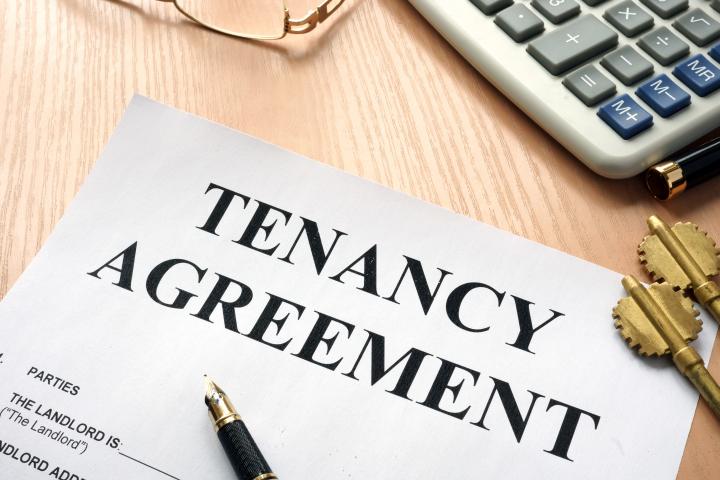 Court Costs
Court CostsIn the event of a possession order being made the tenant may be required the pay the legal costs of the landlord commencing possession proceedings
-
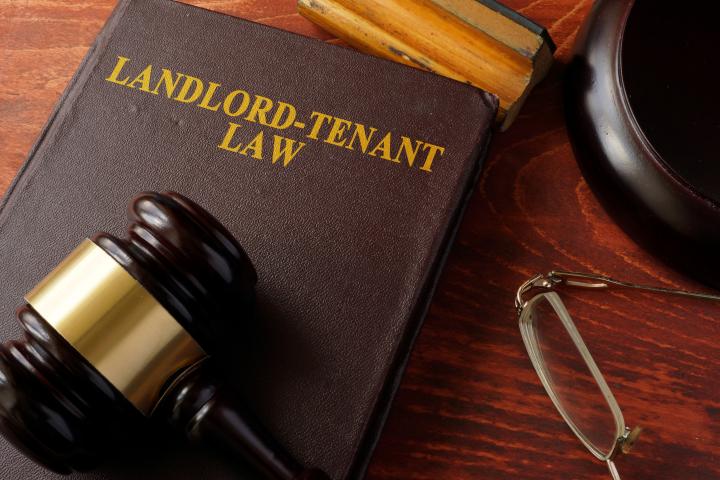 Court Orders
Court OrdersOutright Possession Order
The judge will issue an outright possession order to the tenant(s) to vacate a property on a specific date. If the tenant(s) fail to vacate a property on the specific date given, the landlord can proceed and apply for a Warrant of Eviction.
The judge can postpone the possession order of the property for a total of 42 days if the tenant(s) provide satisfactory arguments or proof that he/she/they would suffer extreme or exceptional hardship if they were forced to leave the property early.
Otherwise the outright possession order is served after the hearing which can take effect immediately (or within 14 to 28 days after the court hearing).
Under this condition, the tenant(s) can be awarded some sort of relief on the possession order after the court hearing. The tenant(s) can remain in the property on specific conditions:
If the tenant(s) respect the conditions attached to the suspended possession order which can be the result of rent arrears, the tenant(s) will stay on the condition that the current monthly rent is paid in full plus a proportion of the arrears to clear the outstanding debt on the rent.
If the tenant(s) failed to comply with the new arrangement following the suspended possession order, the landlord can apply to the court for bailiff assistance to evict the tenant(s).
Search by alphabetical topics
All
ABCDEFGHIJKLMNOPQRSTUVWXYZ



